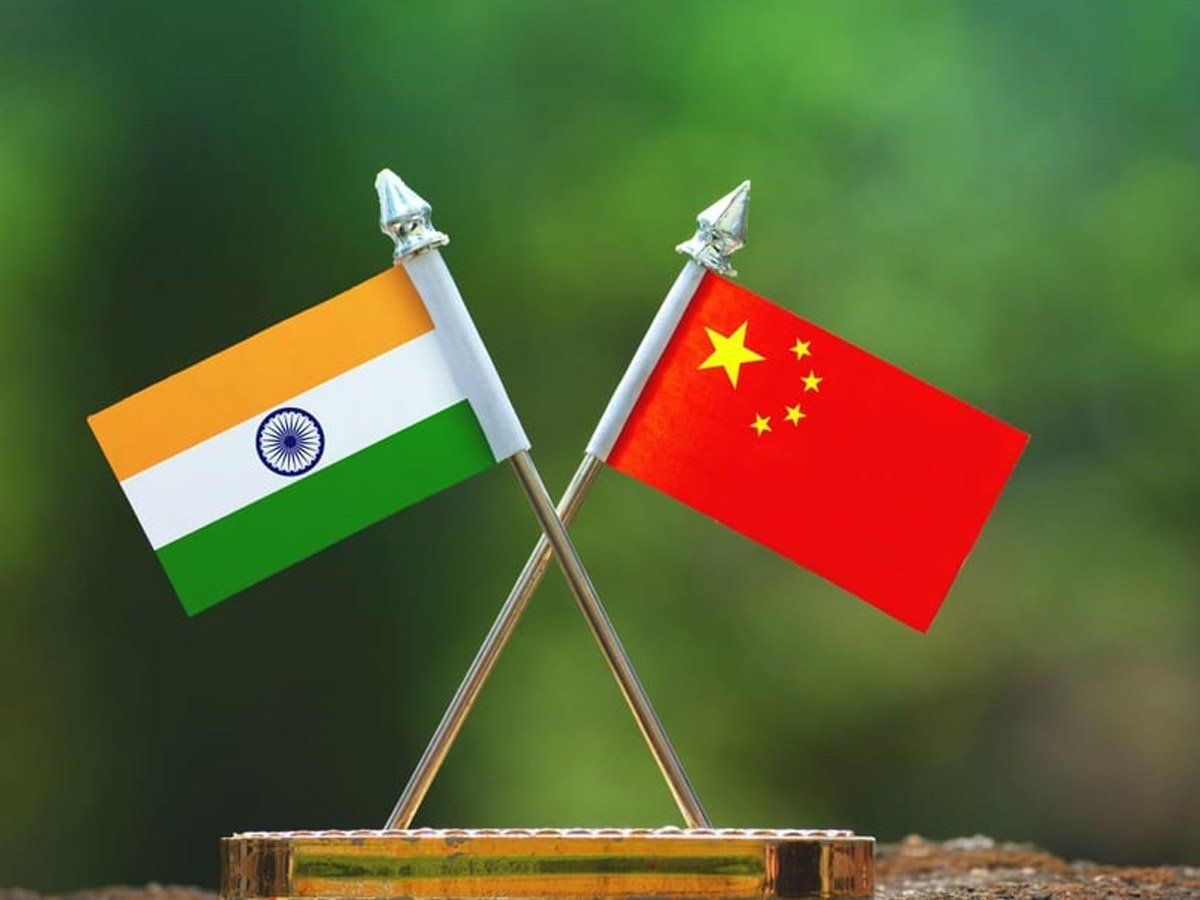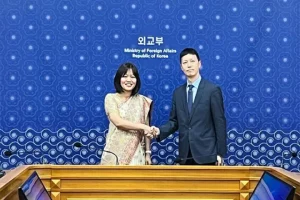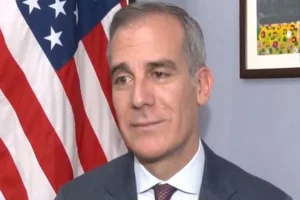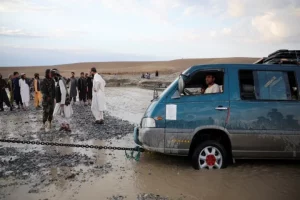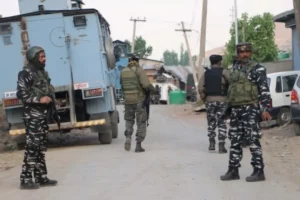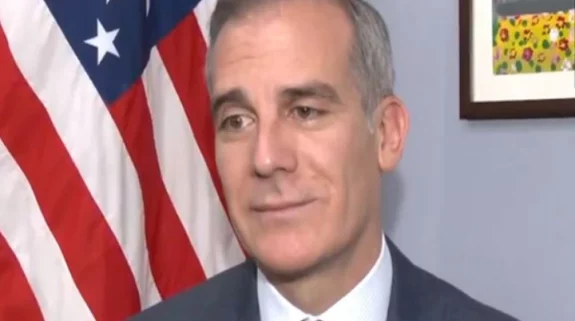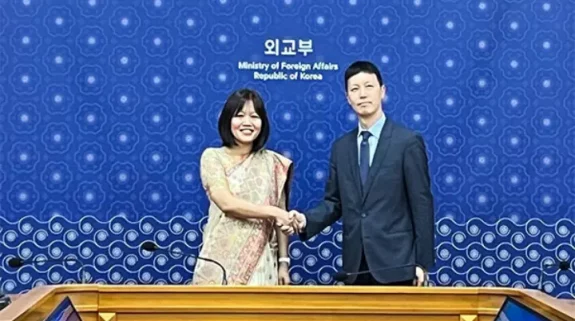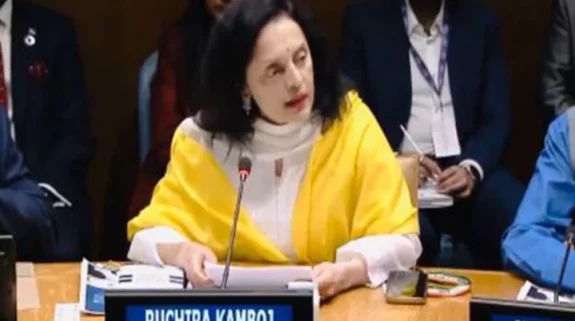India has visibly hardened its stance on China, with two top Indian ministers slamming China in global forums in the last 24 hours. Defence Minister Rajnath Singh today highlighted threats like bio-terrorism and global pandemics before his ASEAN Plus counterparts while External Affairs Minister S. Jaishankar told Australian think tank Lowy Institute that the violation of bilateral pacts by China has "very significantly damaged" the India-China bilateral relationship.
Eight rounds of commander-level border talks and face-to-face meetings between the Defence Ministers and the Foreign Ministers of the two countries have failed to resolve the border dispute as China refuses to vacate Indian territory occupied earlier this year in eastern Ladakh. The comments by the two senior ministers show that India is toughening its stand against China and is openly speaking about Chinese intransigence. Significantly, Singh had met his Chinese counterpart General Wei Fenghe while Jaishankar had met his counterpart Wang Yi during the Shanghai Cooperation Organisation in Moscow in September in a bid to find solutions to the border issue.
The Indian Defence Minister obliquely referred to China today when he addressed the defence ministers of Association of Southeast Asian Nations (ASEAN) Defence Ministers’ Meeting (ADMM). Singh said: “We need to continue our efforts to address the threats of bio-terrorism and pandemic diseases. Threats to the rules-based order, maritime security, cyber related crimes and terrorism, just to name a few, remain the challenges that we need to address as a forum.” Singh added: “…avoiding actions that may further complicate the situation, will go a long way in bringing sustained peace to the region,” indirectly hinting at Chinese activity that has violated the aerial, territorial and maritime sovereignty of neighbouring countries.
Vietnam, as Chairman of the 10-member ASEAN for year 2020 had invited Singh to speak at the ADMM-Plus earlier this month. The ADMM-Plus includes ASEAN and its eight Dialogue Partners – Australia, China, India, Japan, New Zealand, South Korea, Russia and the United States. Though the Indian Defence Minister was indirect in his reference to China and the spread of the coronavirus pandemic from its epicentre in Wuhan, the use of terms like bio-terrorism is significant.
All through this year, China has aggressively tried to shift the blame of the coronavirus spread to other countries. However, Foreign Minister Jaishankar was forthright in his comments about China when he said that China has given "five different explanations" to justify their violations on the Ladakh border, clearly putting China on the backfoot and highlighting the communist country’s deceit in escalating the border row.
Jaishankar said: “We are today probably at the most difficult phase of our relationship with China, certainly in the last 30-40 years, you could argue even more. The last time there were military casualties on our borders was in 1975…” He added: "The Chinese have literally brought tens of thousands of soldiers in full military preparation mode right up to the Line of Actual Control in Ladakh. Naturally, the relationship would be profoundly disturbed by this.”
The Foreign Minister said that the two countries cannot have a situation like this on the border and yet say that we should carry on with life in all other sectors of activity. "It's just unrealistic," he emphasised. Here, Jaishankar stressed on the fact that despite differing notions about the border, the two nations had made considerable progress in trade, travel and other domains even as several pacts were signed to maintain peace and tranquility along the Line of Actual control (LAC).
India is matching its blunt rhetoric with concrete action on the ground. In October, it signed the Basic Exchange and Cooperation Agreement (BECA) for Geo-Spatial Cooperation with the United States – a pact that will give India’s armed forces access to data from US military satellites.
“The US-India agreement will strengthen New Delhi’s military capacities to monitor Pakistan-based threats,” said Michael Kugelman, deputy director of the Asia Program at The Wilson Centre. Rattled by the satellite surveillance agreement between India and the US, China signed a defence agreement with its “all-weather” friend Pakistan. According to a report in Nikkei Asia website, Wei, during his three-day visit to Islamabad last week, signed a memorandum of understanding (MOU) to enhance defence cooperation between the Pakistan Army and the People’s Liberation Army (PLA).






